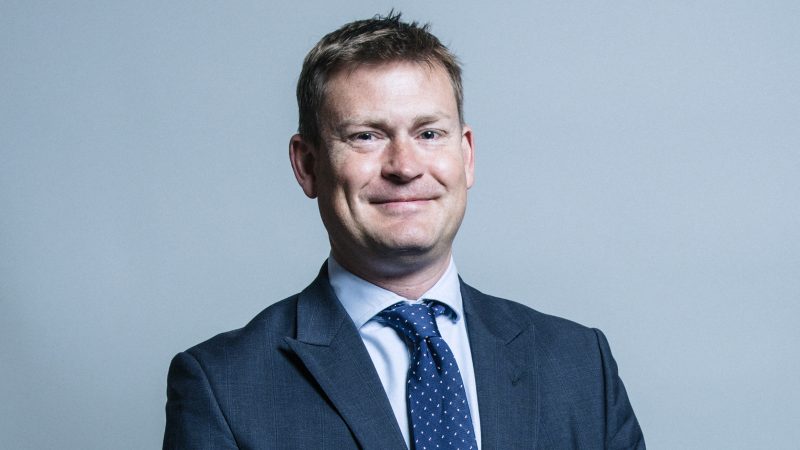
As we enter a new decade and deal with the immediate turmoil of our catastrophic defeat and the drama of another Labour leadership election, it can sometimes be difficult to lift our heads up and take a look at the big questions that our party, the country and the world will have to face over the next decade.
The pace of change seems to be accelerating, and that has an impact on politics as much as anywhere else. Most of the people being seriously talked about as being our next leader weren’t even MPs at the start of the last decade. That should tell us something about how quickly things change, but as we get wrapped up in the personalities of the leadership contest and the latest ten-minute social media sensation, we can all lose sight of the really big issues that by their nature are not solved by quick fixes.
Think back to 2010. What were some of the big challenges facing us then – and have they been resolved? Social care, pensions, climate change, the housing crisis, inequality, poverty. Is there really tangible progress on any of these issues, or have we in fact gone backwards on many of them? In a decade of austerity, we probably couldn’t expect too much change for the better but in the next decade is there really anything on the horizon to suggest there will be action to meet these great challenges of our times? Sadly I would say not and of course the longer these issues are ignored, the harder it is to tackle them.
All this is before new challenges emerge that nobody has predicted. We have had a timely reminder already this year that incidents in the Middle East can send shockwaves around the world. And how many people in 2010 would have predicted we would be leaving the EU at the end of the decade, and that would prove to be far more damaging to the Labour Party than the Tories? Are we destined to have the EU as our faultline through the next decade with our pro-EU tendencies as a party in conflict with what a large portion of the electorate now consider to be a settled issue? Or will we all move on and a world where free trade becomes the new norm?
These are some of the fundamental questions each of the leadership candidates will need to address if they are to present themselves as a credible potential Prime Minister over the next few years. How do you grasp the nettle of people living much longer without them having the funds to care for themselves or live in comfort in retirement? How do you deal with the consequences of increased automation and artificial intelligence if the worst predictions about job losses (and their geographical concentrations) turn out to be true? What role can trade unions play in an increasingly fragmented and insecure world of work?
Can we really effectively tackle climate change without having major changes to our own lives and without the whole planet joining in? How do we bring to account those individuals and organisations who increasingly attract most of the wealth, many of which dwarf national governments, but have none of the responsibility. All of these things can be tackled – but what if there’s another 2008 style crash? Does everything go on hold for the latest economic crisis and is our economy resilient enough to withstand the worst?
The policy issues are important but it’s also about the way we do politics. Ten years ago social media was in its infancy but there’s no doubt it was a huge factor in the 2019 election. The ability and speed of politicians to transmit their message – truthful or not – is changing politics. How do we as a country try and address that, if we believe that truth is fundamental to a healthy democracy? Does the current political establishment, from parliament, the public sector and the devolved nations and regions feel agile and responsive enough for the rapidly changing world?
It is right that we examine fully our defeat and our direction of travel next, but all the candidates should also think beyond the immediate and engage with members, and the public, on these wider issues. That is what leaders do.




More from LabourList
Nudification apps facilitate digital sexual assault – and they should be banned
Diane Abbott suspended from Labour after defending racism comments
Labour campaign groups join forces to call for reinstatement of MPs